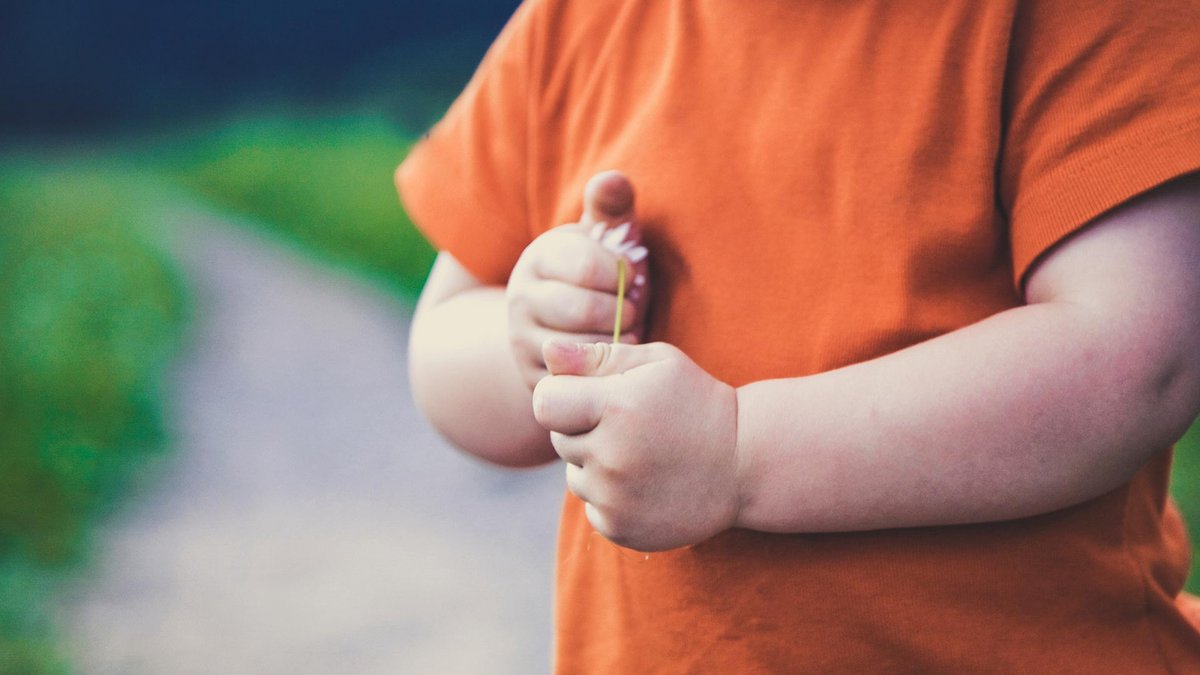Cancer: bringing together different perspectives
Categories : Recherche Politique de recherche
paru le 06-28-2024 (16:03) - Updated on 10-31-2024 (17:45)

With over 2,000 new cases every year among children and adolescents, cancer is the second leading cause of death between the ages of 1 and 24. The tumours most commonly seen at this age affect the brain, and these will be the focus of the efforts of several teams in Strasbourg, Nancy and Lille as part of a vast research programme➊.
The aim of the programme is to build an understanding of why some of these tumours are resistant to treatment, with a view to developing new treatments. In particular, it will draw on ONCOLille’s biological and medical expertise in this field, notably within the team led by Samuel Meignan, Director of Research at the Oscar Lambret Centre, which works on aggressive tumours that are highly resistant to treatment, such as infiltrating brain stem gliomas.
Another part of the project, involving researchers in management and mathematics, will look at the patient’s pathway, developing a tool to help healthcare teams make the best decisions. For example, if they’re wondering whether to transfer a child to a particular recovery facility, or to a particular medical follow-up programme, what’s the likelihood of the child returning to hospital very quickly, or recovering? To achieve this, we use mathematical models to draw on the data and experience of patients who have already been treated. ‘Analysing these very different types of data − age, body mass index, biological analyses, MRI scans, etc. − is in itself a theoretical challenge’, explains Sophie Dabo, University Professor of Applied Mathematics. ‘But once we’ve obtained authorisation to use them (along with typical patient pathways), we hope to achieve results within two years.’
Living with after-effects
The project will also focus on psychological support for children with cancer and their parents. ‘In children’, explains Kristopher Lamore, Research Chair in Psycho-oncology and Intervention Research at the University of Lille. What’s notable about these cancers is that they are often much easier to cure in children than they are in adults, but can have after-effects that are often irreversible: lower IQ, metabolic disorders that can lead to obesity, etc.’
The severity of some after-effects can be prevented by very long-term support, but for others, you just have to live with it. ‘We try to help parents mourn the loss of the child they once knew’, explains Kristopher Lamore. ‘Because we can’t let them think that once they’ve recovered, everything will go back to the way it was before.’ You have to wait for the right moment, when treatment proves effective, for example, to start talking about the aftermath and long-term follow-up. And it can’t be left too long either, as parents who live a long way from the hospital may be less likely to attend if the treatment is successful.
‘Adolescents often become completely dependent on their parents again during treatment, and stop seeing their friends because they are too tired or at risk of infection’, Kristopher Lamore adds. Our job is to ensure that they can continue to envision a future for themselves after treatment, even if they suffer from after-effects.’ Working on their self-esteem, and showing them and their parents how much they’re capable of, by not setting the bar too low in terms of autonomy. ■
➊ East North-Hematology Oncology PEdiatric − Social sciences, Microenvironment & multiomics Analyses in RadioTherapy resistance For Children with Brain Tumours (EN-HOPE SMART4CBT). Natacha Entz-Werlé (Strasbourg) is the project lead.